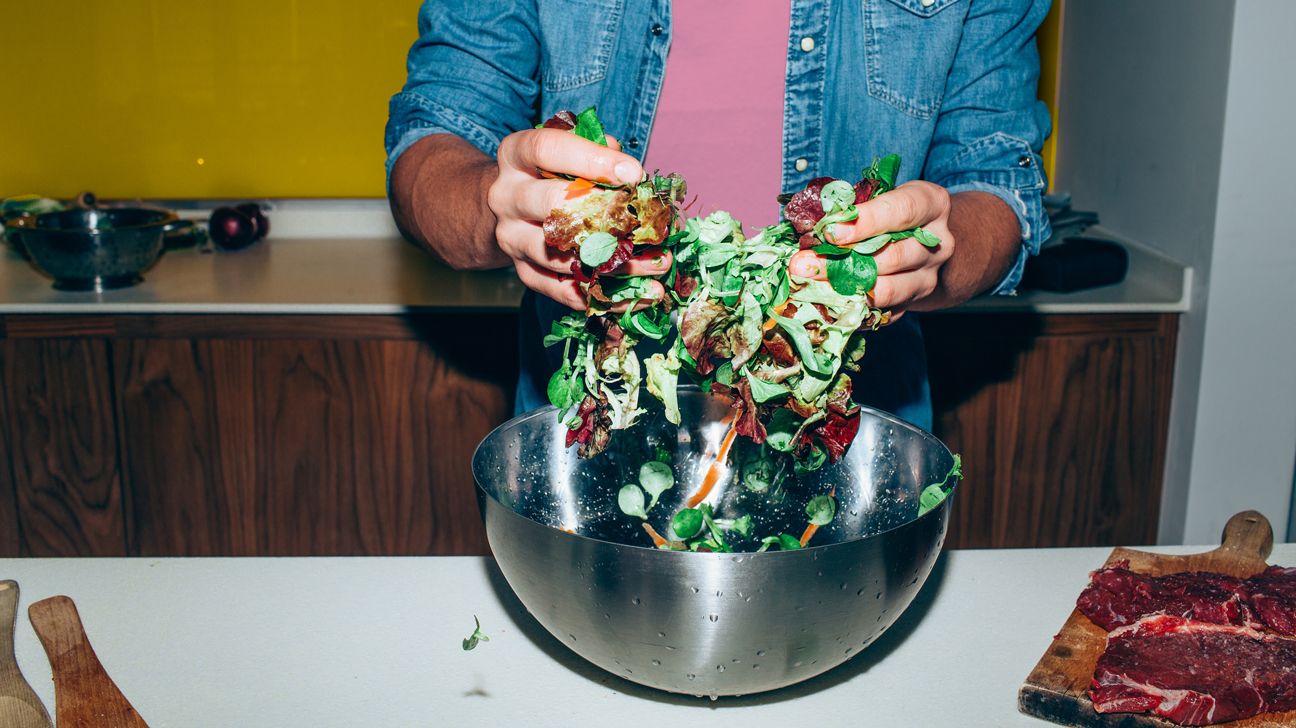The Best Cooking Hacks Every Beginner Should Know
Starting your cooking journey can feel overwhelming, but with the right tips and tricks, you can boost your confidence in the kitchen. Whether you're preparing a simple meal or trying your hand at a more complex recipe, these cooking hacks will help you save time, avoid common mistakes, and create delicious dishes.
1. Use a Sharp Knife for Precision and Safety
A dull knife might seem safer, but it's actually more dangerous because it requires more force, increasing the risk of slipping. Sharp knives cut through ingredients quickly and precisely, making your cooking experience smoother.
Tip: Regularly sharpen your knives and use a cutting board that won’t dull your blade.
2. Prep Ingredients Before You Start Cooking
Known as "mise en place," this technique involves preparing and organizing all your ingredients before you start cooking. It helps you avoid scrambling to find items mid-recipe, ensuring everything runs smoothly.
Tip: Chop, measure, and arrange your ingredients in bowls before you begin cooking.
3. Don't Overcrowd Your Pan
When sautéing or frying, overcrowding your pan can lower the temperature, causing the food to steam rather than brown. This results in soggy food instead of the desired crispy texture.
Tip: Cook in batches, giving each piece enough space to cook evenly and develop a nice crust.
4. Use a Meat Thermometer
To ensure your meat is cooked to perfection every time, use a meat thermometer. It eliminates guesswork and ensures your meat is safe to eat, juicy, and tender.
Tip: For poultry, the internal temperature should be 165°F, and for beef, pork, and lamb, it should range from 145°F to 160°F depending on your preference.
5. Salt Your Water for Better Flavor
When cooking pasta, potatoes, or vegetables, always salt the water. This is your first chance to season your food and enhance its natural flavors.
Tip: For every 4 liters of water, use about 1-2 tablespoons of salt.
6. Use Room Temperature Ingredients
When baking, using room temperature ingredients (like butter, eggs, and milk) helps them blend more evenly and creates a smoother batter or dough.
Tip: Take ingredients out of the fridge 30 minutes before starting your recipe.
7. Rehydrate Dried Herbs for Better Flavor
If you're using dried herbs in your cooking, rehydrate them in a bit of water or oil before adding them to your dish. This enhances their flavor and allows them to release more essential oils.
Tip: Add the rehydrated herbs at the end of cooking for the freshest taste.
8. Make Your Own Buttermilk Substitute
No buttermilk? No problem. You can easily make your own substitute by adding 1 tablespoon of lemon juice or vinegar to a cup of milk. Let it sit for 5 minutes to thicken.
Tip: This hack works for recipes like pancakes, muffins, and dressings.
9. Use Aluminum Foil for Perfectly Roasted Vegetables
For crispy, caramelized vegetables, line your roasting pan with aluminum foil. This prevents sticking, and the reflective surface helps brown the veggies evenly.
Tip: Toss your veggies with a bit of oil and seasoning before placing them on the foil for even cooking.
10. Freeze Leftovers in Portions
If you make too much food, freeze leftovers in individual portions. This makes reheating much easier and reduces food waste.
Tip: Label the containers with the date and contents to keep track of when to eat them.
11. Use the Right Tools for the Job
Investing in a few essential tools like a quality spatula, tongs, and a reliable whisk can make your cooking process much easier and faster.
Tip: Start with basic tools and gradually build up your kitchen arsenal as you get more comfortable cooking.
12. Quickly Peel Garlic with the Flat of a Knife
Peeling garlic can be a hassle, but there's a simple trick. Place the flat side of your knife over a garlic clove and give it a quick, gentle smash. The peel will come off easily.
Tip: This trick works for both garlic and ginger, saving you time in the kitchen.
13. Add a Splash of Vinegar for Brightness
A small amount of vinegar can elevate the flavor of many dishes, including soups, stews, and salads. It adds brightness and balances out richness.
Tip: Experiment with different types of vinegar like balsamic, apple cider, or red wine to add complexity.
14. Use Ice Water to Stop Cooking
When blanching vegetables or making hard-boiled eggs, immediately transferring them to a bowl of ice water halts the cooking process and helps maintain the texture and color.
Tip: Have a bowl of ice water ready before you start cooking, especially for delicate items like green beans or eggs.
15. Rest Your Meat Before Cutting
After cooking meat, let it rest for 5-10 minutes. This allows the juices to redistribute, resulting in a juicier and more flavorful cut.
Tip: Cover the meat loosely with foil while it rests to retain warmth.

